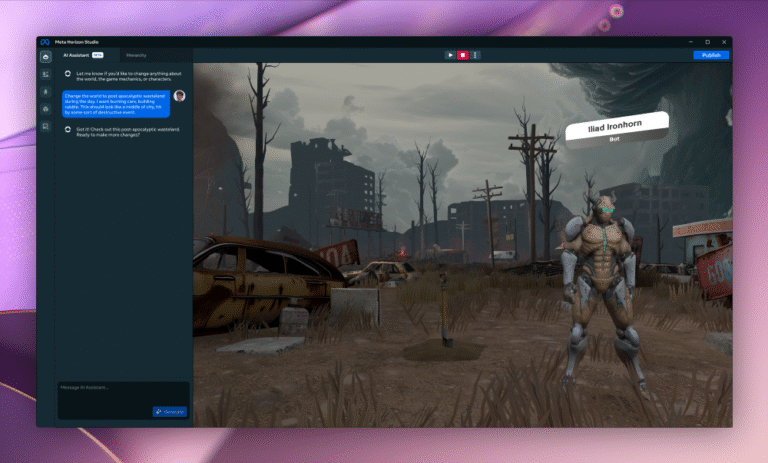At its annual Connect conference, Meta took the wraps off a series of new hardware and software products, reinforcing its commitment to AI-powered glasses and the metaverse. The event, which concluded with CEO Mark Zuckerberg and musician Diplo literally running off the stage to an after-party, highlighted the company’s vision of personal superintelligence and immersive digital worlds.
Meta’s core focus was on AI glasses, positioning them as the ultimate form factor for a personal superintelligence. “It’s the only form factor that lets your AI see what you see, hear what you hear, and talk with you throughout the day,” the company noted. The new products are designed around three key principles: being stylish, keeping technology in the background, and improving over time as the AI evolves.
The company announced three major updates to its AI glasses lineup:
- Ray-Ban Meta (Gen 2): The next generation of these popular glasses boasts significant upgrades, including up to eight hours of battery life and Ultra HD 3K video recording. A new “conversation focus” feature uses open-ear speakers to amplify the voice of the person you’re speaking with, making it easier to hear in noisy environments. The new model is available now, starting at $379 USD.
- Oakley Meta Vanguard: Aimed at athletes and outdoor enthusiasts, these performance glasses feature a rugged design, up to nine hours of battery life, and a centered 3K camera with a wider field of view. New capture modes like Hyperlapse and Slow Motion are included, along with a powerful audio system designed for windy conditions. The glasses also integrate with Garmin and Strava, offering hands-free, real-time stats and workout summaries. Pre-orders are now open at $499 USD.
- Meta Ray-Ban Display: Representing a major leap forward, these glasses include a high-resolution monocular display and are paired with the new Meta Neural Band. The wrist-worn band uses surface electromyography (sEMG) to allow users to control their glasses with subtle hand gestures. The display, which disappears when not in use, has a brightness of up to 5,000 nits, making it functional even in bright sunlight. The package will be available on September 30 for $799 USD.
Meta also highlighted the positive real-world impact of its glasses, noting that organizations like the Blinded Veterans Association and Be My Eyes are using them to help blind and low-vision individuals with tasks like identifying objects and navigating daily life.
Meta also showcased new tools and experiences designed to build out the metaverse. The Meta Horizon Engine, a new foundational infrastructure, promises better graphics, faster performance, and the ability to support more than 100 people in a single space a fivefold increase from its previous engine.
For creators, the new Meta Horizon Studio provides an editor with generative AI tools to create immersive worlds more efficiently. These tools can generate mesh, textures, and audio from simple text prompts.
On the entertainment front, Meta announced the launch of Meta Horizon TV, a new hub for movies, TV, and live sports. The platform will support Dolby Atmos sound and, eventually, Dolby Vision. Key partnerships were announced with Disney+, which will bring content from Disney, ESPN, and Hulu to the Quest headset, and with Universal Pictures and Blumhouse, which will offer movies with immersive special effects. Additionally, an exclusive 3D clip of James Cameron’s upcoming film, Avatar: Fire and Ash, is now available for a limited time.


